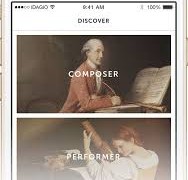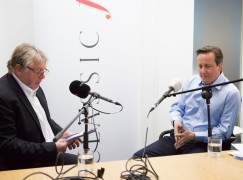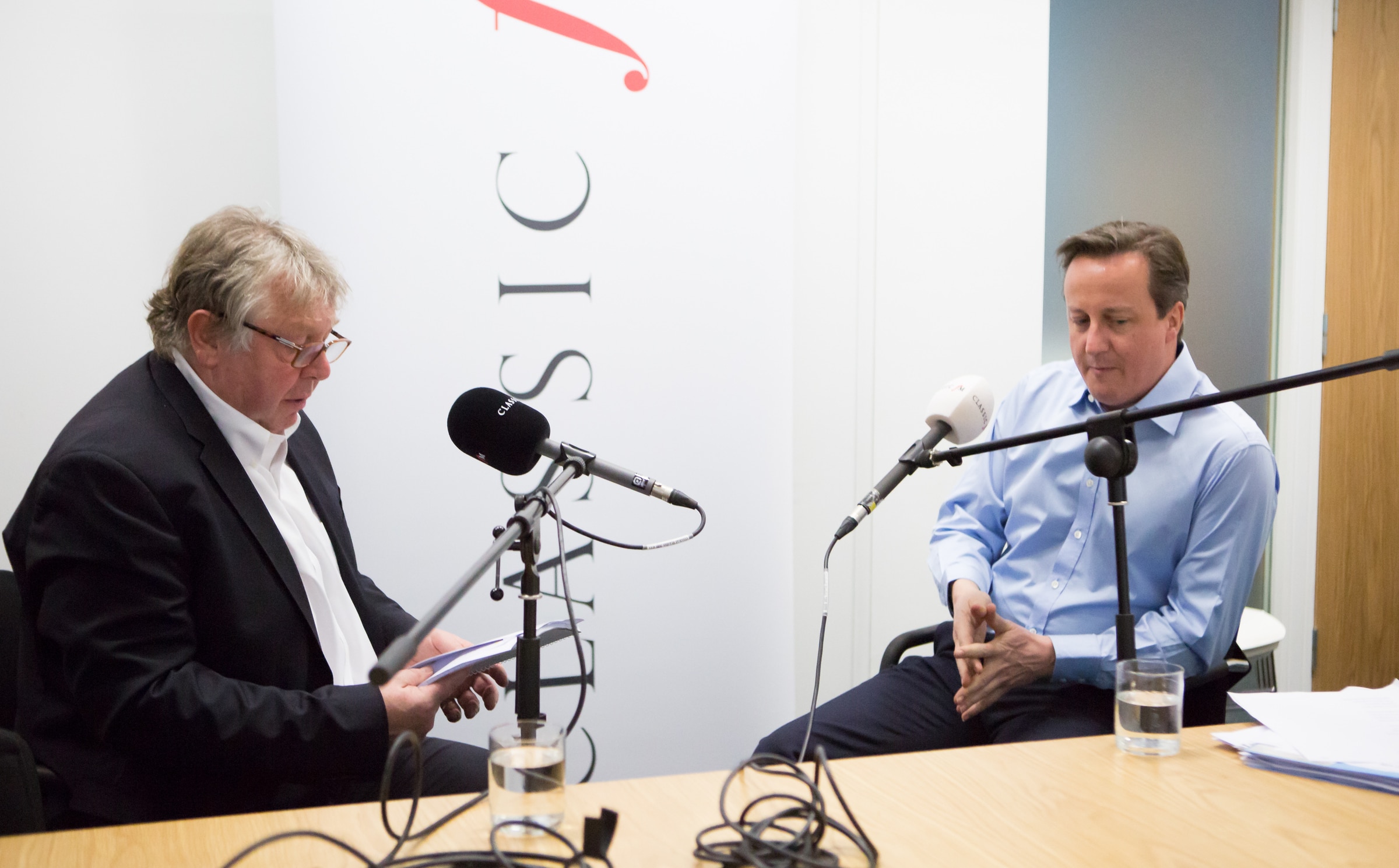The beginning of the end for classical radio?
mainA new-tech listening model launches this morning in Salzburg.
Named Idagio, it offers unlimited access to a curated classical database, where the choice of what plays is yours, not some anonymous producer’s.
Better still, it gets to know what you like and anticipates what to play in case you’re too worn out to choose. As of noon today, the app is available for download.
Idagio’s USP is the most advanced set of metadata ever applied to classical music. Unlike Itunes and Spotify, which pay peanuts to musicians, it offers fair trade streaming to participating artists. Thomas Hampson, Franz Welser-Möst and the Vienna Phil are among the first to sign up. Check out the app here.
As far as Slipped Disc can see, this is very much a sign of where classical listening is heading. At the moment, we have two broadcast models – music you’ve heard 100 times before and never need to hear again(Classic FM) – and music chosen for you by people who know oh-so-much-better than you do what you should be hearing (BBC/NPR).
These narrowcasters become redundant once Idagio – or the next-gen metadata operator – returns choice to the listener.
Go, Idagio.








Comments